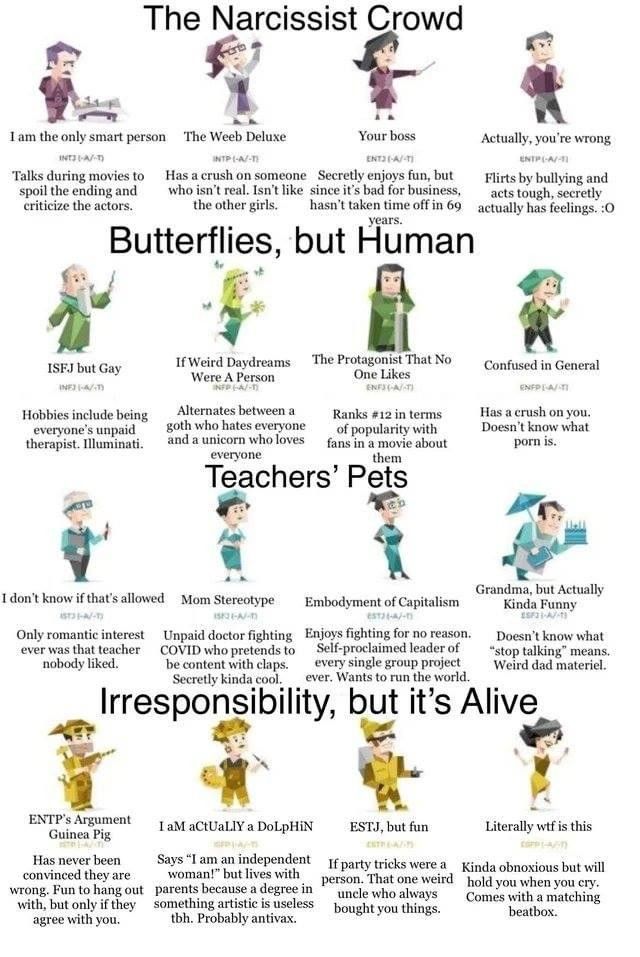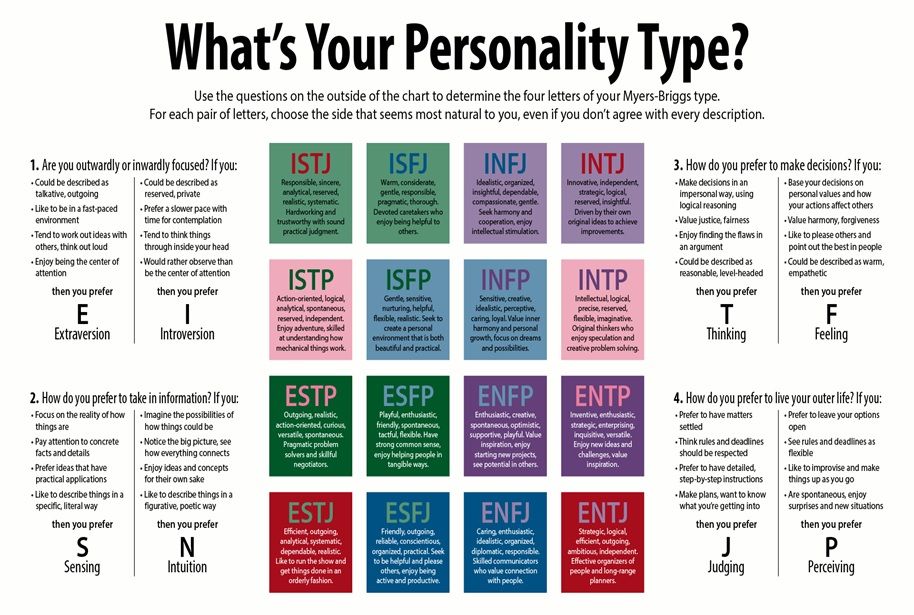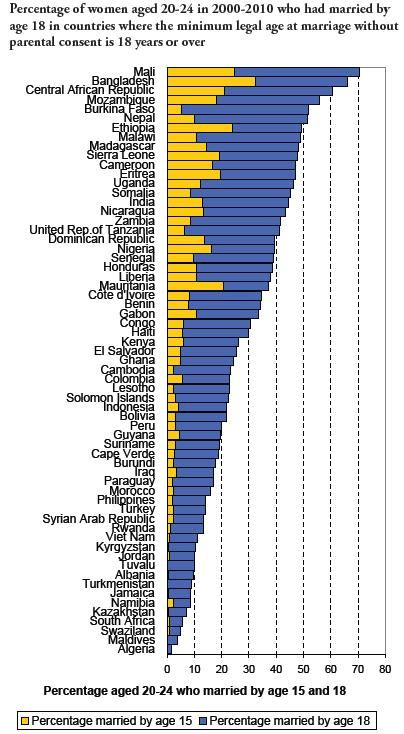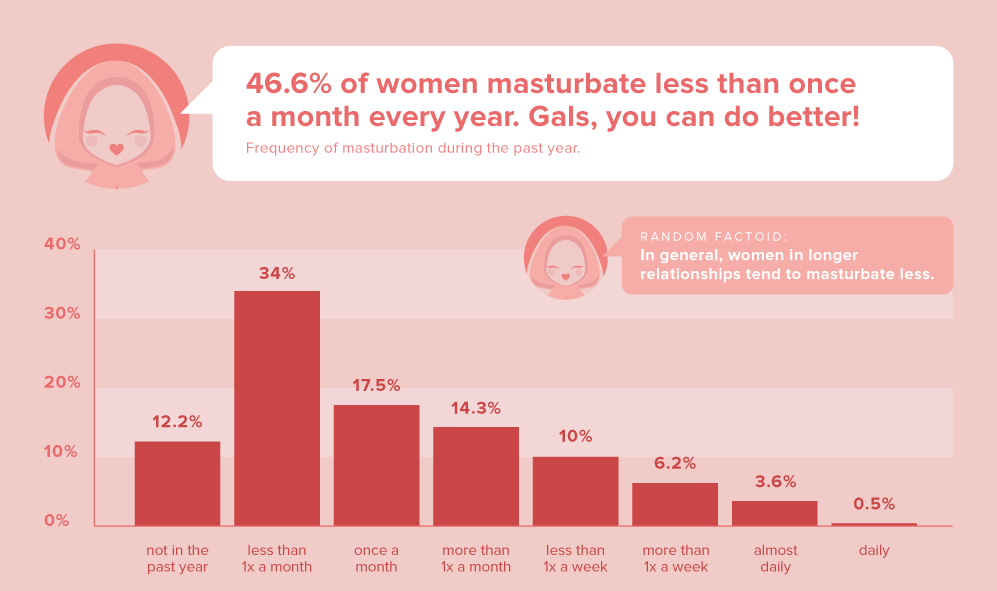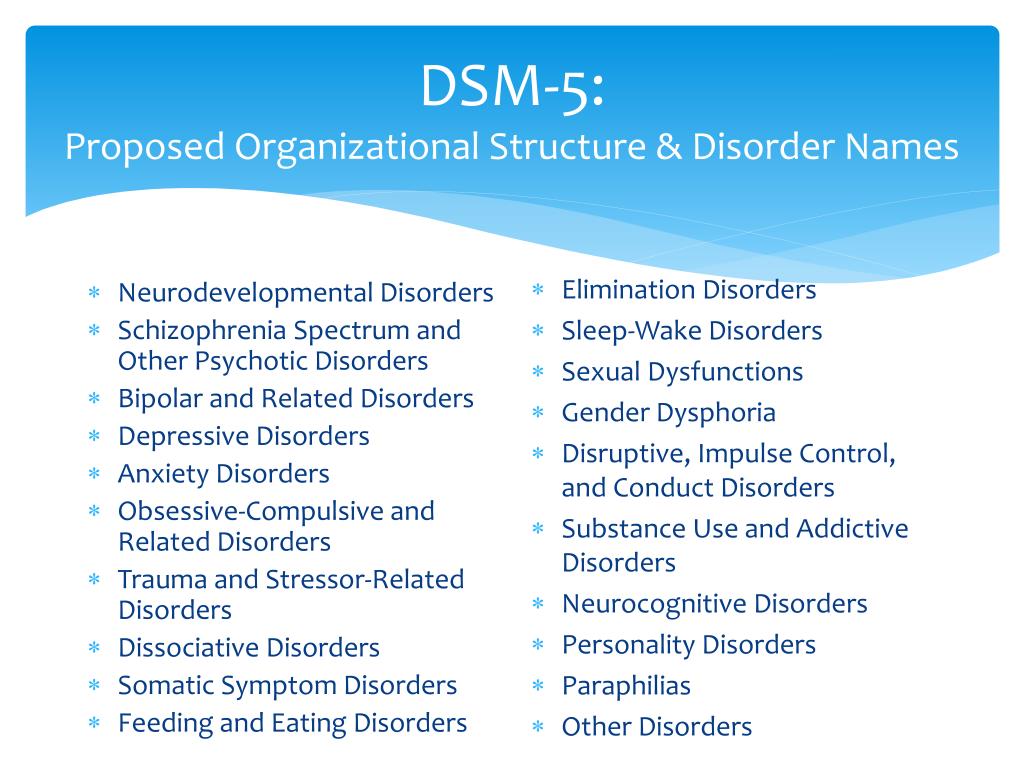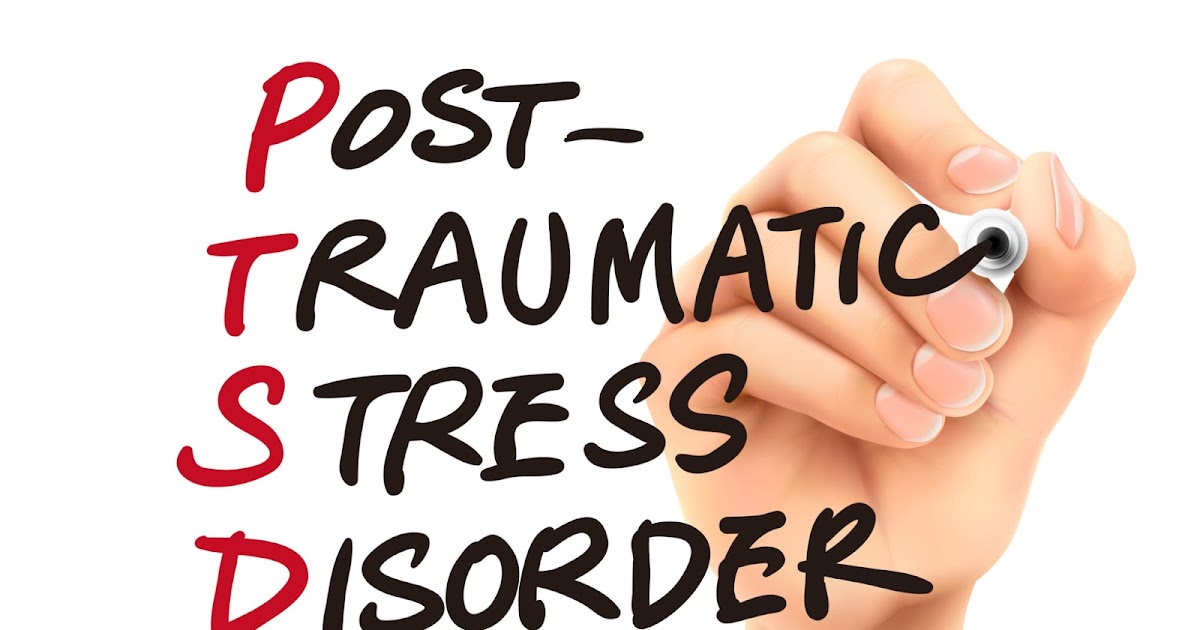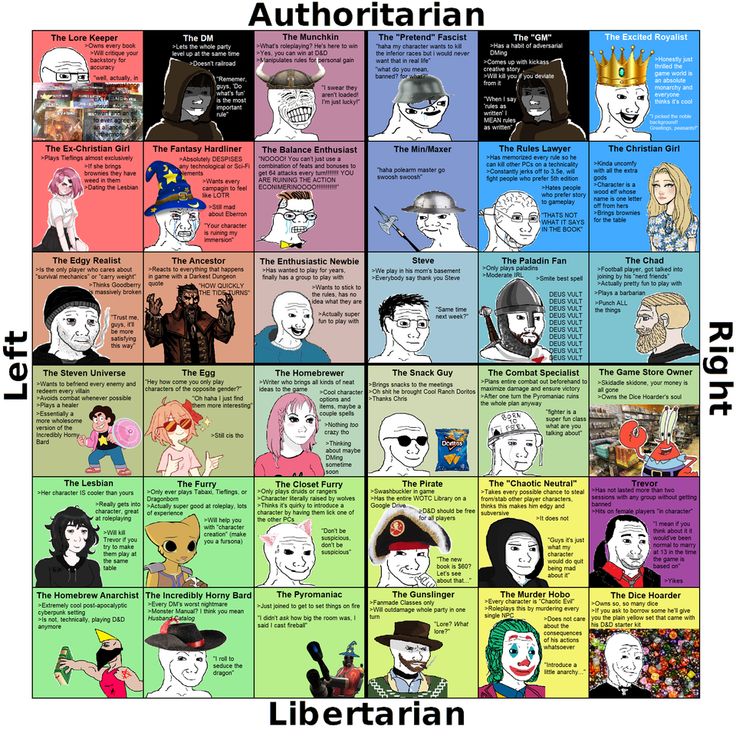3 year old personality type
What is Your Toddler's Personality Type?
WHAT IS YOUR TODDLER’S PERSONALITY TYPE?
“If babies are angels, then toddlers must be cavemen.”
My neighbor says that a lot on those bad days.
“I just wish I could have prepared myself better for the attack of the Flintstones,” she whines while telling me that her 3- and 4 year-olds are uncivilized, oblivious to danger and totally egocentric. “They shove toy trucks and puzzle parts in their noses. They eat light bulbs.”
Toddlers are full of surprises. But parents can master understanding these little creatures. The first step: Figure out your toddler’s personality. Knowing your child’s temperament helps you know when to pamper and when to push.
Generally, toddler personality is divided into three broad categories, experts say:
- Easy or happy, but not constantly.
- Shy or slow to warm — often thoughtful and quiet.
- Spirited (a nice term for “Get down off the refrigerator right now!”)
The Easy Child: About half of kids are easygoing — waking up “on the right side of the bed,” cheerful and ready for a new day. They’re active, tolerate change, and basically like new people and situations. Parents need to just use common sense if this is their toddler’s personality. Easy children sometimes can be lost in the crowd — spending too much time left alone with the television, or not enough time with their parents because other children demand the attention. Make sure that a child who is easy doesn’t become a neglected child.
The Shy Child: About 15 percent of kids are shy or slow to warm up, experts say. By age 9 months, many easy babies will smile at strangers, but shy kids will frown and cling. Experts say children with this toddler personality type need a lot of transition time from one activity to another activity. They might be late walkers and they will often study, with intensity, how a game is played before jumping in. Their motto is, “When in doubt, don’t!” Parents, these are gentle souls — and should be shielded from harsh criticism and ridicule. Also, parents need to make sure children with this toddler personality type aren’t rushed into getting dressed or sitting on Santa’s lap.
The Spirited or Wild Child: About one in 10 toddlers is a strong-willed, challenging kid, experts say. These roller-coaster kids have high highs and low lows. Parents usually know they have a spirited child because they’re the ‘more’ kids.” More active. More impatient. More impulsive. More defiant. More intense. More sensitive. More rigid. The best recommendation to parents with this toddler personality type: Keep them active. Get them outside to play — a lot. These kids need to burn off their energy and work through their moods, experts say. They also need firm structure to keep them safe and stable — and lots of patience.
Of course, no child is contained within one toddler personality type, but these three types can be a helpful guide on how to interact. And I must add that on the good days my neighbor calls her toddlers little darlings and she tells me all of the impressive and sweet things they are doing.
Oct 7, 2021 | Articles, Parents
Celebrating Indigenous Peoples' Day Indigenous Peoples' Day — while not a federal holiday — is recognized on the second Monday in October by many cities and states in the United States, including the City of Los Angeles, Los Angeles County and California. The day...
The day...
Sep 29, 2021 | Articles, Parents
Celebrating Filipino American History Month Each year, the United States recognizes Filipino American History during the month of October. As the second-largest Asian American group in the country and the third-largest ethnic group in California, Filipino Americans...
Sep 14, 2021 | Articles, News & Resources, Parents
Celebrating National Hispanic Heritage Month 2021: September 15th – October 15th Hispanic communities — the largest ethnic minority group in the United States, according to Pew Research Center — have made enormous contributions to the history, culture and achievements...
Aug 23, 2021 | Parents
For This New Mom, a Doula was the Key to Joyous Childbirth When Terika Hameth found out she was pregnant last year, her initial joy was soon overwhelmed by anxiety. “I thought, ‘What if I die?’” she said. Her fear was not misplaced. Black women in Los Angeles County...
Aug 19, 2021 | Parents
Get Out & Play: How Often do Preschoolers Play Outside with Their Parents? Just more than half of preschool-aged children go outside to play with their parents daily, and whether or not they do often depends on factors like the child's gender, the mother's. ..
..
Aug 16, 2021 | Literacy, Parents, Ready for School
Raising Biliterate, Bilingual Kids Equals Double the Benefits My jaw dropped when I heard my little ones rattle off Spanish for the first time. Had all of that reading in Spanish finally paid off? The answer: yes. (Along with a little help from Dora.) In our house, we...
Aug 3, 2021 | Parents, Race Equity
Black Breastfeeding Week is August 25-31! When it comes to breastfeeding, racial equity is an issue. According to the Centers for Disease Control, fewer than 60% of Black mothers have ever breastfed compared to 75% of white mothers. Breastfeeding builds immunities, is...
Aug 3, 2021 | Parents, Physical Health, Ready for School
August is Immunization Awareness Month Thanks to immunizations over the last three generations, many serious diseases are now a thing of the past. But recent outbreaks of measles — infecting more than 1,000 people nationwide — have prompted discussion and legislative.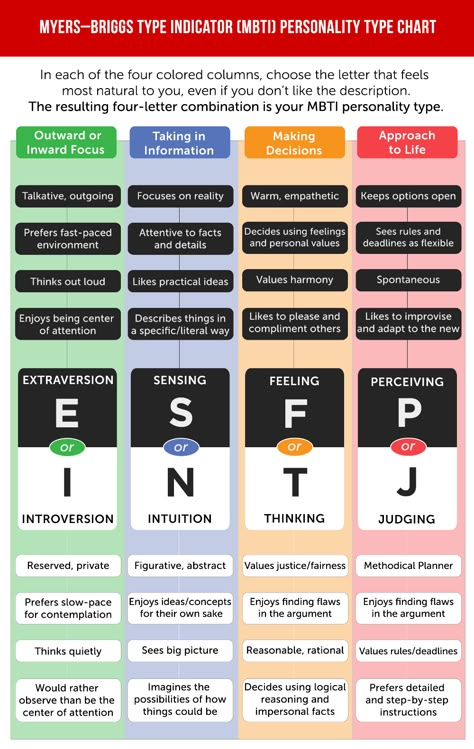 ..
..
Aug 3, 2021 | Parents, Ready for School
Child Development 101: Teaching Dual-Language Learners According to child development experts, newborns have the capacity to learn many languages at once without getting confused because, as their brain develops, so too does the ability to separate one language from...
Jun 11, 2021 | Parents, Race Equity
Celebrating Juneteenth: Freedom Day While Americans traditionally celebrate July 4th as the anniversary of the signing of the Declaration of Independence which declared the original colonies to be free from British rule, the reality of the matter is that not everyone...
Toddler Personality Types and Effective Parenting
Whether your tot’s easy, shy, or a certifiable wild child, work with what you've got and reap the happiness.
Written by Diane Lore
Rambunctious, mobile, and caught in a riptide of emotion, toddlers are the uncivilized, pedal-to-the-metal humans, matched only by the older edition called teenagers, experts (and parents) say.
Pediatrician Harvey Karp, author and creator of The Happiest Toddler on the Block, says if babies are angels, then toddlers are cavemen.
Lara Zibners, an emergency room pediatrician in New York, says, "They eat light bulbs. They shove Legos in their noses. Toddlers are egocentric, emotionally labile, indecisive, and oblivious to danger." Layer in their limited ability to communicate and their individual temperaments, and Zibners, author of If Your Kid Eats This Book, Everything Will Still Be Okay, says, "It's no wonder that many parents can't wait for their child to outgrow this difficult, yet often delightful, phase of childhood."
Yet parents aren't as helpless as they may sometimes feel. They can master understanding these little creatures. The first step is to figure out your toddler's personality. In The Happiest Toddler on the Block, Karp writes: "Temperament explains why some of us can sleep with the TV on while others go nuts with the tiniest noise, why some forgive easily and others just can't let go.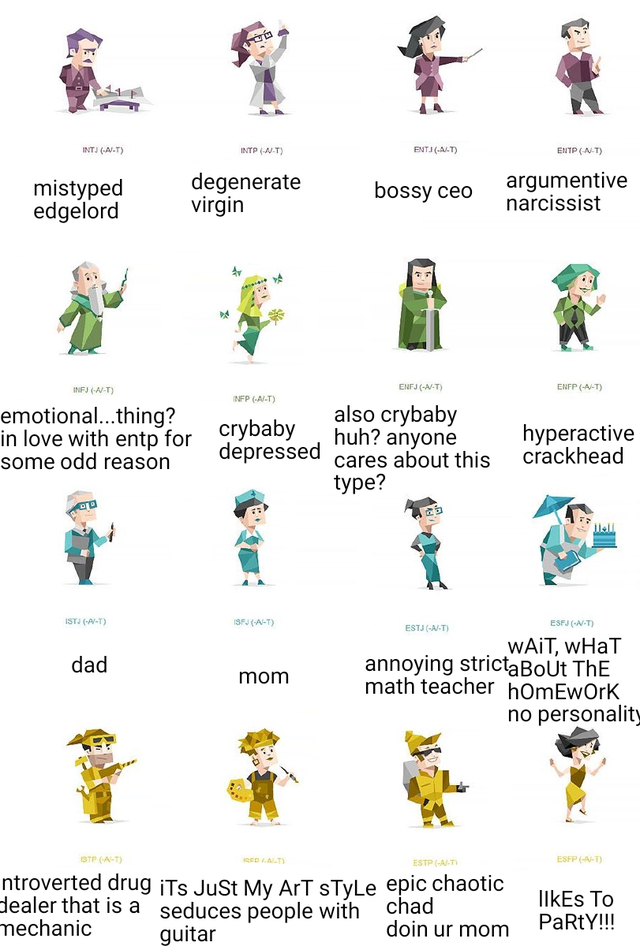 Knowing your child's temperament helps you know when to pamper and when to push."
Knowing your child's temperament helps you know when to pamper and when to push."
Toddler Personality Types
Experts say there are three broad categories of toddler personality:
- Easy or happy, but not full-tilt constantly
- Shy or slow to warm -- often thoughtful and quiet
- Spirited (a nice term for "Get down off the refrigerator right now!")
The Easy Child: About half of all kids are easygoing -- waking up on the "right side of the bed," cheerful and ready for a new day, Karp says. They're active, tolerate change, and basically like new people and situations. They don't anger easily, according to the experts, but they aren't pushovers either.
Parents need to just use common sense if this is their toddler's personality -- with a couple of caveats. Easy children sometimes can be lost in the crowd, spending too much time left alone with the television or not enough time with their parents because other children demand the attention.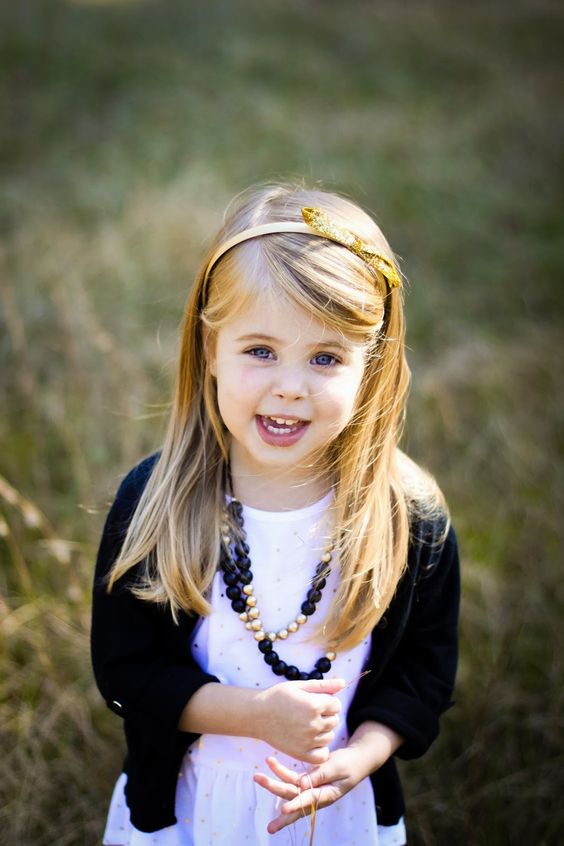 Make sure that a child who is easy doesn't become a neglected child.
Make sure that a child who is easy doesn't become a neglected child.
The Shy Child: About 15% of kids are shy or slow to warm up. By 9 months, many easy babies will smile at strangers. But shy kids will frown and cling. They'll wave bye-bye only after a guest leaves.
Children with this toddler personality are often extra-sensitive to the feel of their clothing or the temperature in a room. They need a lot of transition time from activity to activity and resist change. They might be late walkers and they will often study, with intensity, how a game is played before jumping in. Karp says, "Their motto is, 'When in doubt, don't!'"
These are gentle souls and should be shielded from harsh criticism and ridicule. Rejection can make a shy child fearful and brittle throughout life. Also, parents need to make sure children with this toddler personality have the stability and the time to process the curve balls of life; they can't be rushed into getting dressed or to sit on Santa's lap.
The Spirited (Wild) Child: About one in 10 toddlers is a strong-willed, challenging kid. "These roller-coaster kids have high highs and low lows," Karp says. "Parents usually know they have a spirited child because they're the 'more' kids." More active. More impatient. More impulsive. More defiant. More intense. More sensitive. More rigid."
The No. 1 recommendation to parents of children with this toddler personality is to keep them active. Get them outside to play -- a lot. These kids need to burn off their energy and work through their moods. They also need firm structure to keep them safe and stable -- and lots of patience.
Every Child Is Unique
Of course, no child is defined by just one toddler personality type. But these three types can serve as a guide on how to interact.
"Pay attention and pick up the nuance of your child," Karp says. "Kids are like flowers, each one is different, but special. So whether your child is a playful poppy or a shrinking violet, love and celebrate your child for his or her uniqueness. "
"
Stages of psychosexual development of a child. Oral stage | e1.ru
In modern psychology, there are many approaches to considering the stages of personality development. The purpose of all these theories is to determine what moments in the development of the child will predetermine his behavior, interests, life motives in adulthood. The approach that I am considering today is called psychoanalytic. Why exactly him? The fact is that psychoanalysis is a kind of 'cradle' of many psychological teachings. Freud's followers were such famous scientists as Adler, Jung, and many others. Each of them brought something of their own to science, but they all began their activities precisely with psychoanalysis, and today it is one of the most proven and proven theories.
To begin with, our behavior is largely unconscious to us. For the most part, this is the experience that we received in early childhood or even infancy, reacting to some kind of irritants or stressful situations.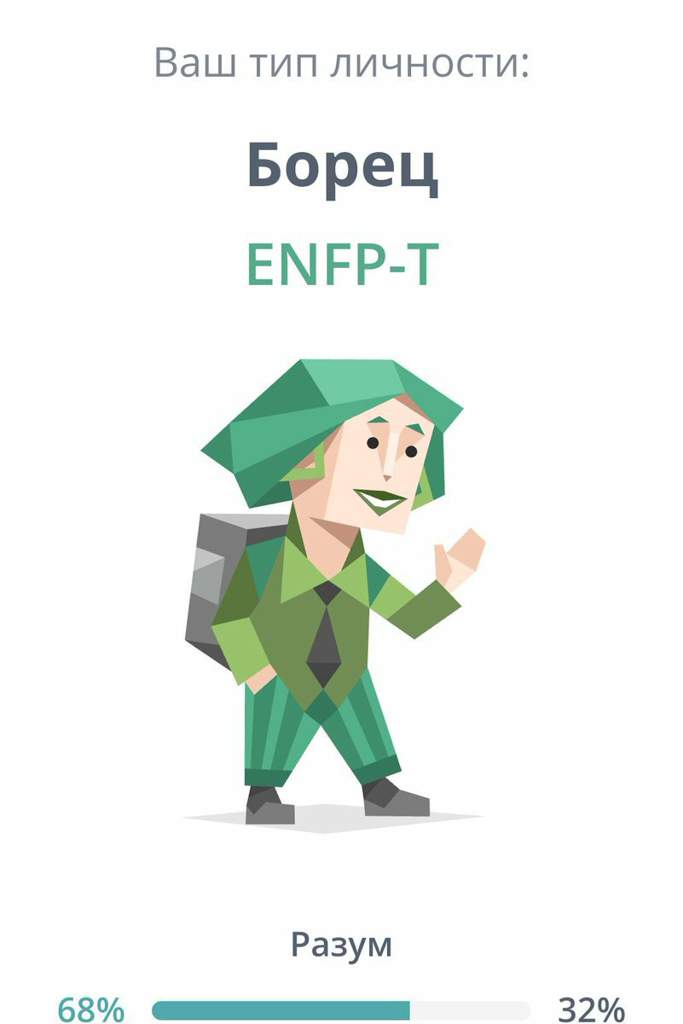 This experience was included in the system of our responses and we continue to use it all our lives. And if we take into account that the first experience has the strongest emotional coloring, it becomes clear why this feeling continues to guide us at critical moments in our lives.
This experience was included in the system of our responses and we continue to use it all our lives. And if we take into account that the first experience has the strongest emotional coloring, it becomes clear why this feeling continues to guide us at critical moments in our lives.
How are these types of responses initiated? Freud identified 5 stages of psychosexual personality development.
- Oral (0-18 months)
- Anal (18 months-3 years)
- Phallic (3 years-6 years)
- Latent (6-12 years)
- Genital (puberty10)
Today we will talk about the oral stage of psychosexual development.
During this period (from birth to one and a half years) the survival of the infant depends entirely on who cares for him, and the mouth area is most closely associated with the satisfaction of biological needs and pleasant sensations. The main task facing the infant during the oral-dependent period is to lay the foundation for basic attitudes: dependence, independence, trust and support in relation to other people. Initially, the child is not able to distinguish his own body from the mother's breast, and this gives him the opportunity to feel tenderness and love towards himself. But over time, the breast will be replaced by a part of its own body: the child will suck his finger or tongue to relieve the tension caused by the lack of motherly care. Therefore, it is so important not to interrupt breastfeeding if the mother is able to feed him herself. Behavior fixation at this stage can occur for two reasons:
Initially, the child is not able to distinguish his own body from the mother's breast, and this gives him the opportunity to feel tenderness and love towards himself. But over time, the breast will be replaced by a part of its own body: the child will suck his finger or tongue to relieve the tension caused by the lack of motherly care. Therefore, it is so important not to interrupt breastfeeding if the mother is able to feed him herself. Behavior fixation at this stage can occur for two reasons:
- Frustration or blocking of the child's needs.
- Super-caring - the child is given many opportunities to manage his own internal functions.
As a result, the child develops a sense of dependence and incompetence. Subsequently, in adulthood, fixation at this stage may be expressed in the form of 'residual' behavior. An adult in a situation of severe stress can regress and this will be accompanied by tears, thumb sucking, a desire to drink. The oral stage ends when breastfeeding stops and this deprives the child of the corresponding pleasure.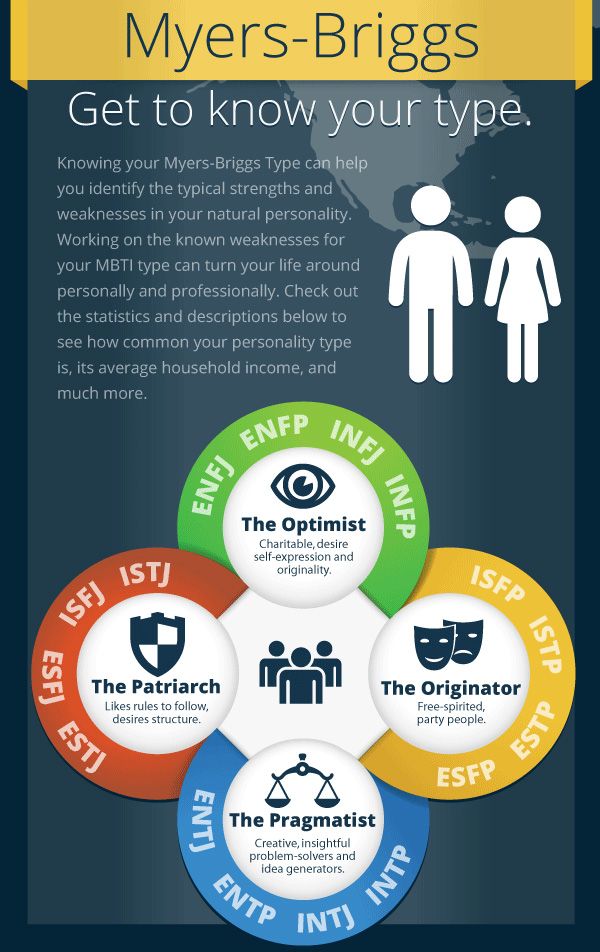 Freud postulated that a child who was overstimulated or understimulated in infancy was more likely to develop an oral-passive personality type later on.
Freud postulated that a child who was overstimulated or understimulated in infancy was more likely to develop an oral-passive personality type later on.
Its main features are: it expects a 'maternal' attitude towards itself from the outside world, it constantly requires approval, it is overly dependent and trusting, it needs support and acceptance, life passivity. During the second half of the first year of life, the second phase of the oral stage begins - oral-aggressive. The infant is now developing teeth, making biting and chewing an important means of expressing the frustration caused by the absence of the mother or the delay in gratification. Fixation at the oral-aggressive stage is expressed in adults in such traits as love for disputes, pessimism, sarcasm, and a cynical attitude towards everything around. People with this type of character tend to exploit and dominate other people in order to satisfy their own needs.
Next time we will continue our consideration of the psychosexual stages proposed by S. Freud and move on to the anal stage.
Freud and move on to the anal stage.
Related
-
November 14, 2002, 16:31
Stages of a child's psychosexual development. Genital stage -
November 14, 2002, 15:31
Stages of a child's psychosexual development. Latent stage -
November 14, 2002, 2:31 pm
Stages of a child's psychosexual development. phallic stage. Oedipus complex. Elektra Complex -
November 14, 2002, 13:31
Stages of a child's psychosexual development. Anal Stage
Tatyana Andreeva
Practitioner psychologist
Freidpsychology of children
- Laik3
- Laughter0
- Surprising1 9000 Select a fragment and press Ctrl+Enter
COMMENTS0
What can I do if I log in?
COMMENT RULES
0 / 1400 This site is protected by reCAPTCHA and Google. The Privacy Policy and Terms of Use apply.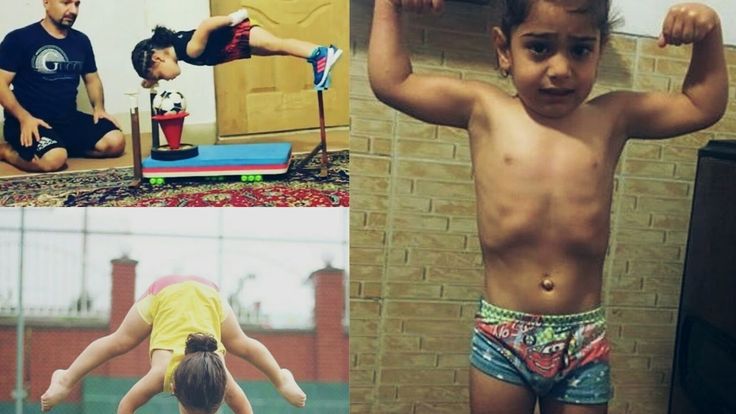
Новости РЎРњР?2
РќРѕРІРѕЃС‚Рё РЎРњР?2
1.2.1 Stages of personality development according to Freud
| 2. Freud's concept > 1.2.1 Stages of personality development according to Freud
|
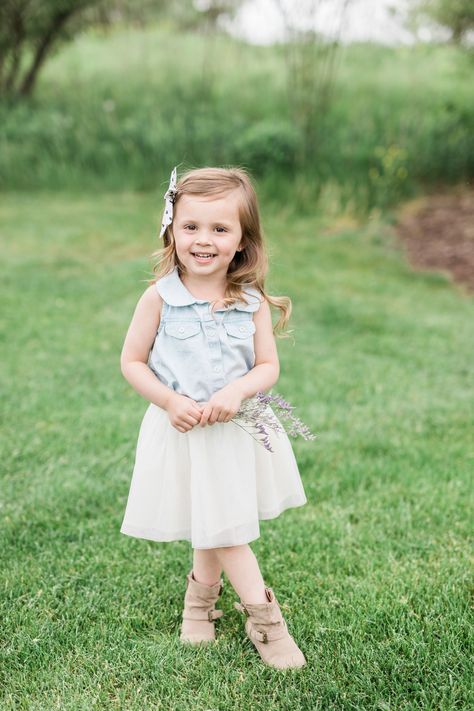 The mother's breast brings to the baby not only pleasure and pleasure, but also a sense of security, confidence and security.
The mother's breast brings to the baby not only pleasure and pleasure, but also a sense of security, confidence and security. 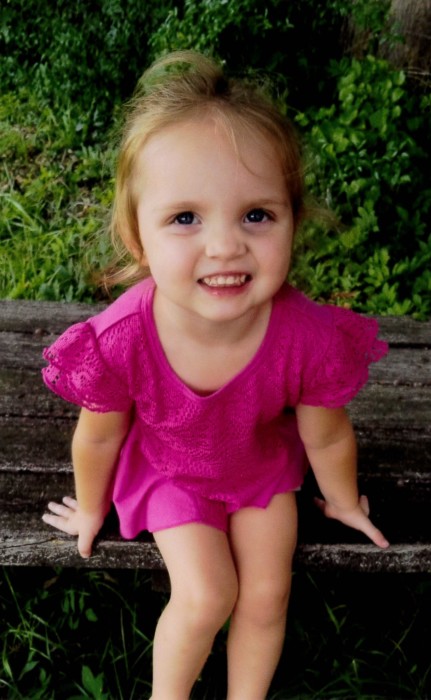 severity upbringing will now play a cruel joke with you and with the child. Freud identified two extreme types of maternal behavior:
severity upbringing will now play a cruel joke with you and with the child. Freud identified two extreme types of maternal behavior:  It is associated with the appearance of a child teeth. Now bite is added to sucking, an aggressive character appears actions that a child may take in response to a mother's long absence or delay the satisfaction of his desires. Due to the bite, the desire of the child to pleasure comes into conflict with reality. People with fixation at this stage features such as cynicism, sarcasm, a tendency to argue, a desire dominate people in order to achieve their own goals.
It is associated with the appearance of a child teeth. Now bite is added to sucking, an aggressive character appears actions that a child may take in response to a mother's long absence or delay the satisfaction of his desires. Due to the bite, the desire of the child to pleasure comes into conflict with reality. People with fixation at this stage features such as cynicism, sarcasm, a tendency to argue, a desire dominate people in order to achieve their own goals. 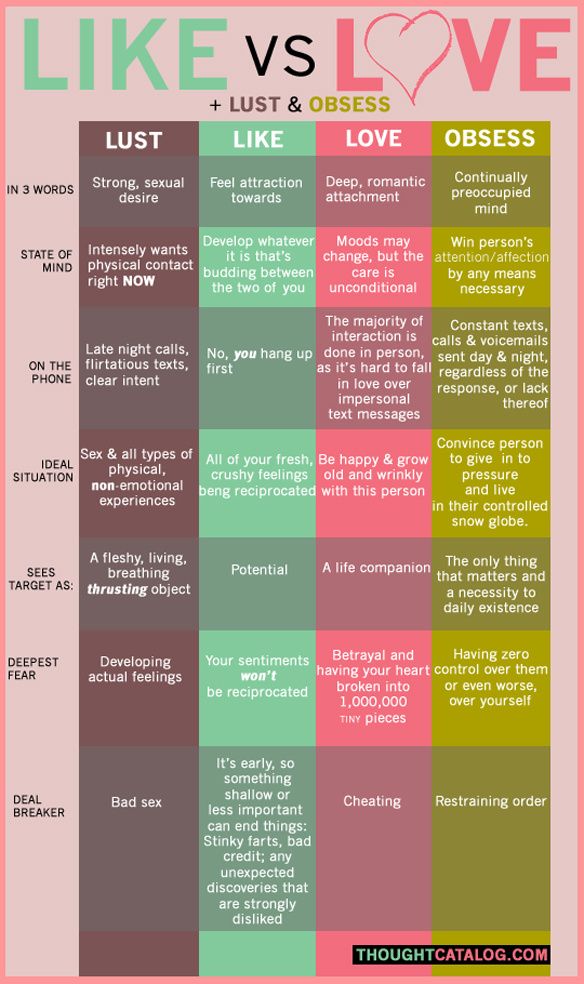
 If mom and dad praise the baby for going on the potty, the child perceives the products of his life as a gift parents, and his subsequent behavior seeks to obtain their approval. AT in the light of this attempt by the little one to smear poop or stain something with them take on a positive connotation.
If mom and dad praise the baby for going on the potty, the child perceives the products of his life as a gift parents, and his subsequent behavior seeks to obtain their approval. AT in the light of this attempt by the little one to smear poop or stain something with them take on a positive connotation. 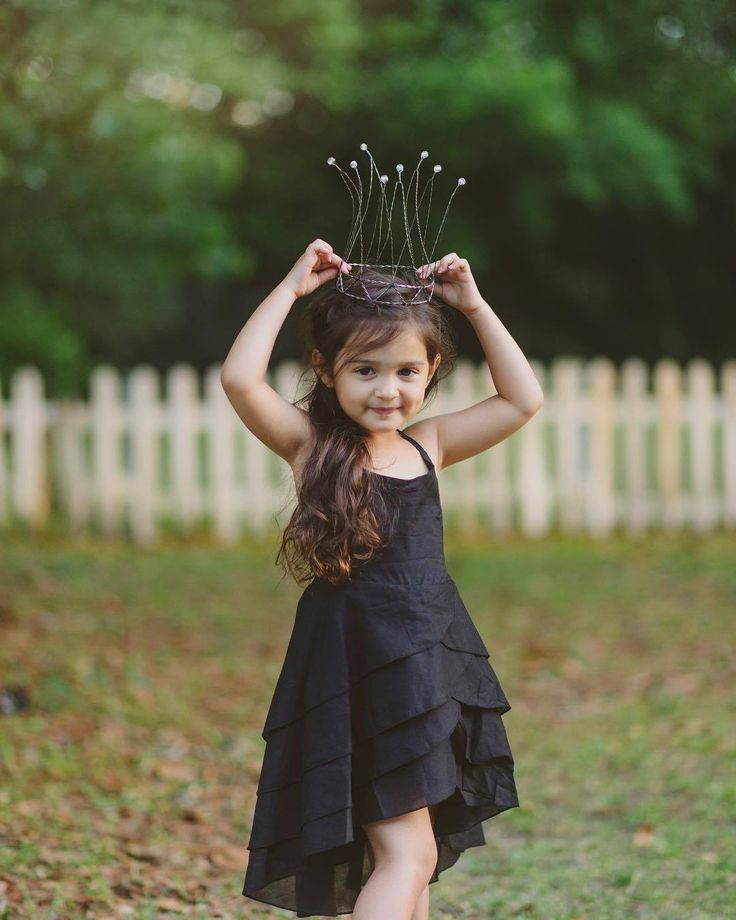
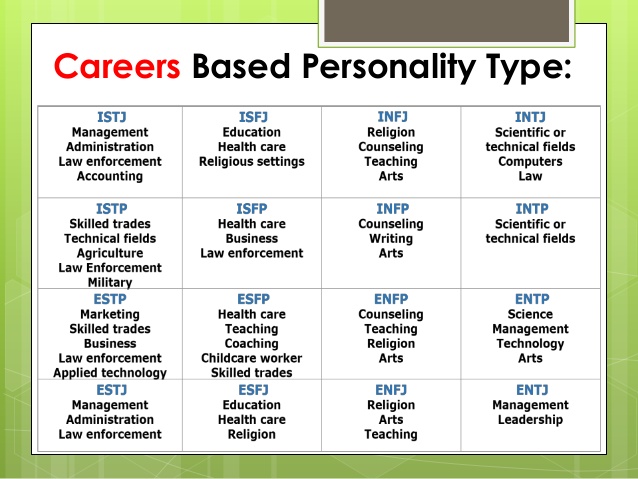 it contradiction gives the anal stage of development a dramatic, ambivalent character.
it contradiction gives the anal stage of development a dramatic, ambivalent character. 
 "Mother likes dad, then I must become as bold, strong as he is. Son takes over the father has a system of moral norms, which in turn creates the prerequisites for the development of a child's superego. This moment is the final stage passing through the Oedipus complex.
"Mother likes dad, then I must become as bold, strong as he is. Son takes over the father has a system of moral norms, which in turn creates the prerequisites for the development of a child's superego. This moment is the final stage passing through the Oedipus complex. 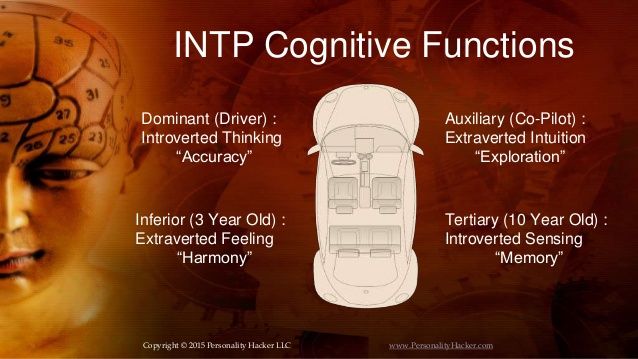
 He is studying establish friendly relations with peers, devotes a lot of time mastering the school curriculum, is actively interested in sports, various types of creativity.
He is studying establish friendly relations with peers, devotes a lot of time mastering the school curriculum, is actively interested in sports, various types of creativity. 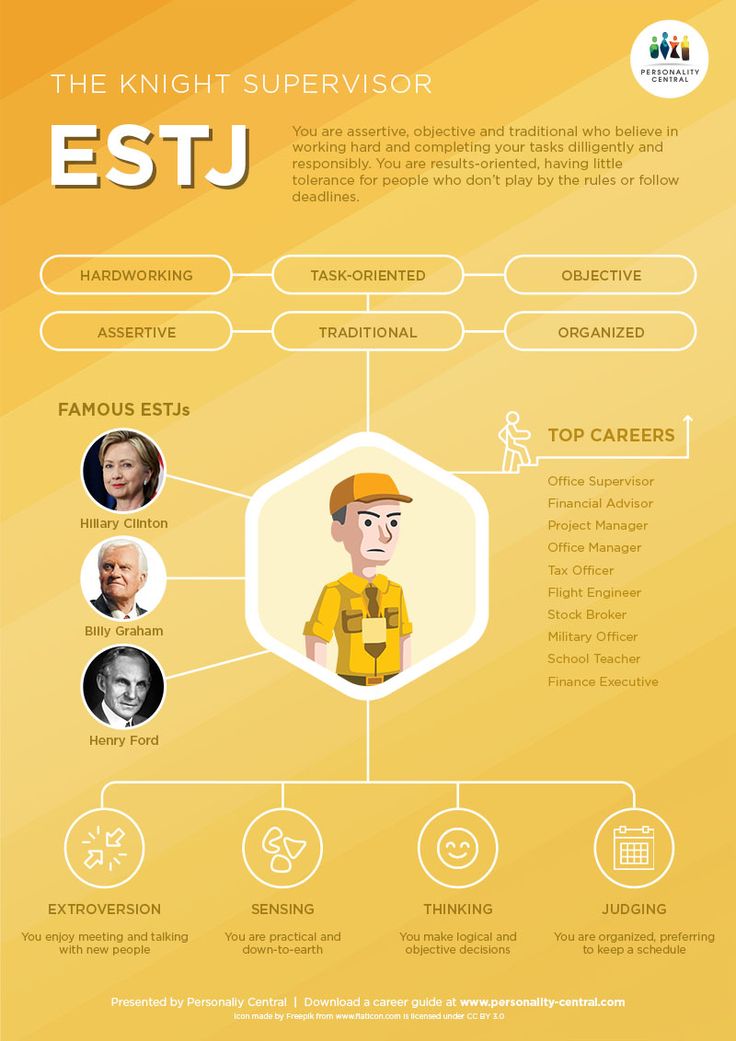 Thus, throughout this period active preparation for the final stage of psychosexual development - genital stage.
Thus, throughout this period active preparation for the final stage of psychosexual development - genital stage. 